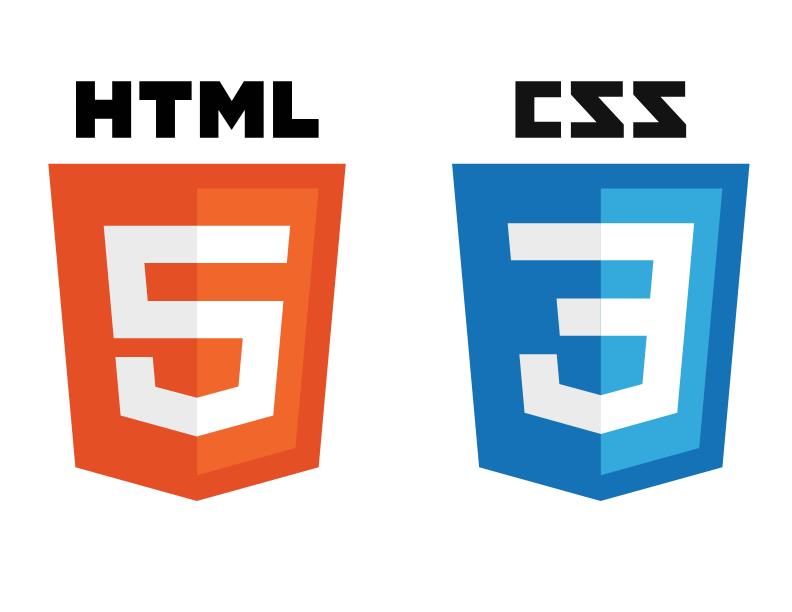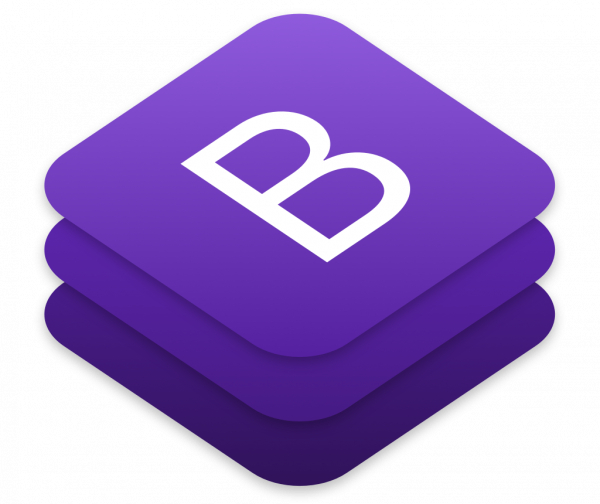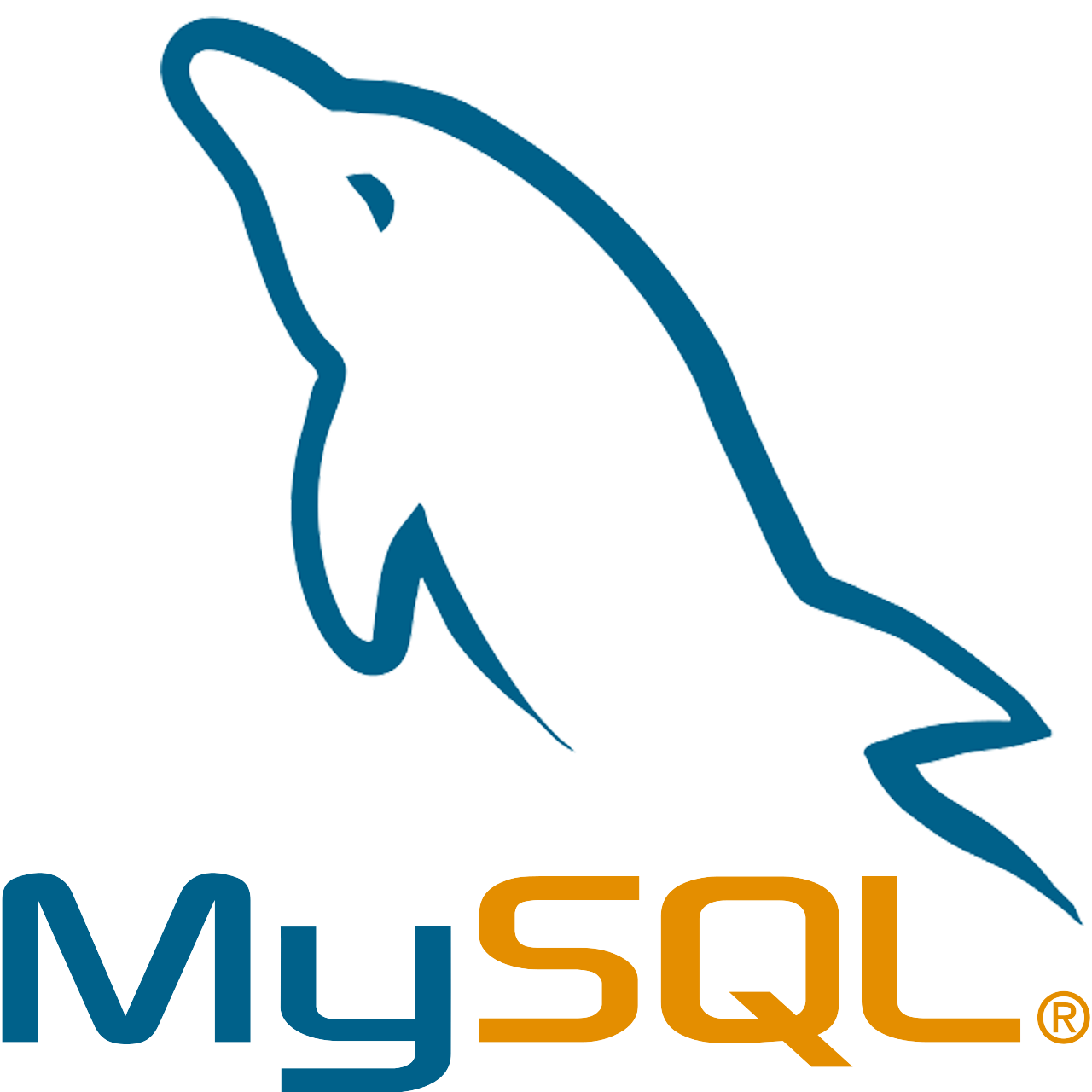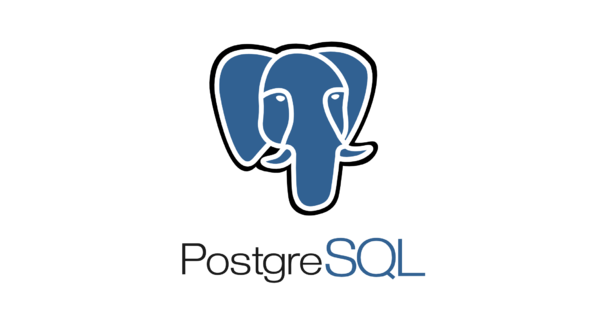Understanding Web Applications
Web applications are crucial in today’s digital landscape, offering businesses robust solutions to manage various operations efficiently. They encompass a broad range of functionalities, from basic data entry systems to complex enterprise solutions. Our expertise in developing custom web applications ensures that your business gets a solution tailored to its specific needs, optimizing productivity and enhancing performance. With the rise in demand for custom software, companies are increasingly seeking specialized web applications to stay competitive and agile in the ever-evolving market.
Our company specializes in creating scalable and customizable web applications that adapt to your business's growth and requirements. Leveraging advanced technologies and frameworks, we build solutions that are not only functional but also future-proof and capable of evolving with your business.
What is a Web Application?
A web application is a software application that operates over a web server rather than being installed directly on a user’s device. These applications are accessible through web browsers and are integral to modern digital experiences. Popular examples include online banking systems, e-commerce platforms, and social media networks. With the advent of frameworks like Symfony web application frameworks, developers can build sophisticated, scalable, and secure web applications with enhanced efficiency.
Web applications offer numerous advantages including ease of access, cross-platform compatibility, and centralized data management. They are essential for businesses looking to streamline operations and provide seamless experiences to users.
Benefits of Web Applications
- Accessibility: Web applications can be accessed from any device with an internet connection, allowing users to engage with services regardless of their location or device.
- Cost-Effectiveness: By eliminating the need for local software installations and maintenance, web applications reduce overall IT costs and resource expenditure.
- Scalability: Web applications are designed to scale effortlessly, accommodating growing user bases and data volumes without requiring significant reconfiguration.
- Cross-Platform Compatibility: These applications are compatible across various operating systems and devices, ensuring a uniform user experience regardless of the platform.
- Centralized Data: Centralized data management simplifies data administration, enhances consistency, and facilitates effective backup and recovery processes.
The Future of Web Applications
The future of web applications is marked by advancements in technologies and evolving user expectations. Emerging trends such as Progressive Web Apps (PWAs), which blend the functionality of web and mobile applications, are set to redefine the user experience. PWAs offer offline capabilities, push notifications, and fast load times, providing a more engaging and reliable experience.
Additionally, the integration of artificial intelligence (AI) and machine learning (ML) in web applications promises to enhance user personalization and operational efficiency. Businesses are increasingly adopting these technologies to stay ahead in the competitive market and deliver superior services to their users.
Technologies Used in Web Applications
Modern web applications leverage a variety of technologies to deliver powerful, efficient, and user-friendly experiences. Key technologies include:
- Frontend Technologies: HTML, CSS, and JavaScript form the backbone of web application interfaces. Frameworks like React, Angular, and Vue.js enhance the interactivity and responsiveness of web applications.
- Backend Technologies: Server-side technologies such as Node.js, Python, Ruby on Rails, and Symfony play a crucial role in managing application logic, data processing, and server interactions.
- Database Technologies: Databases like MySQL, PostgreSQL, and MongoDB are essential for data storage and retrieval, supporting dynamic content and user management.
- APIs: Application Programming Interfaces (APIs) enable integration with other systems and services, facilitating data exchange and functionality expansion.
- Cloud Services: Cloud platforms such as AWS, Google Cloud, and Azure provide scalable infrastructure, enhancing performance and availability of web applications.
Did You Know?
Fact About Web Application Technologies
Frameworks like Symfony not only streamline the development process but also enhance the scalability and maintainability of web applications. Symfony, for instance, provides reusable components that can be integrated into various projects, saving development time and ensuring high performance.
Interesting Fact
Progressive Web Apps (PWAs) represent the future of web applications by combining the best of web and mobile apps. They are built using standard web technologies including HTML, CSS, and JavaScript, and offer offline capabilities and push notifications, providing a native app-like experience.
Fun Fact
Single Page Applications (SPAs) like those built with React, Angular, or Vue.js improve user experiences by loading a single HTML page and dynamically updating content as users interact with the app. This results in faster load times and a smoother, more responsive user experience.
Our Technology & Expertise
Backend and Frameworks
We develop scalable, high-performance applications with Symfony and PHP 8.4, ensuring exceptional speed, security, and maintainability.
Frontend Technologies
Our modern frontend stack powers responsive, fast, and interactive interfaces with React.js, TypeScript, Bootstrap 5, and more.
Databases and Caching
We architect highly available, fault-tolerant systems using MySQL, PostgreSQL, Redis, and Galera Cluster for optimal performance and reliability.
Ecommerce
We create tailored solutions for ecommerce businesses, from small shops to enterprise-level platforms with Shopify, Sylius, and secure payment integrations.
Infrastructure and Servers
We deploy robust, secure infrastructures using OpenResty, NGINX, and our own bare-metal servers in Europe for maximum control and reliability.
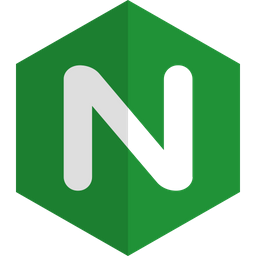
NGINX

OpenResty
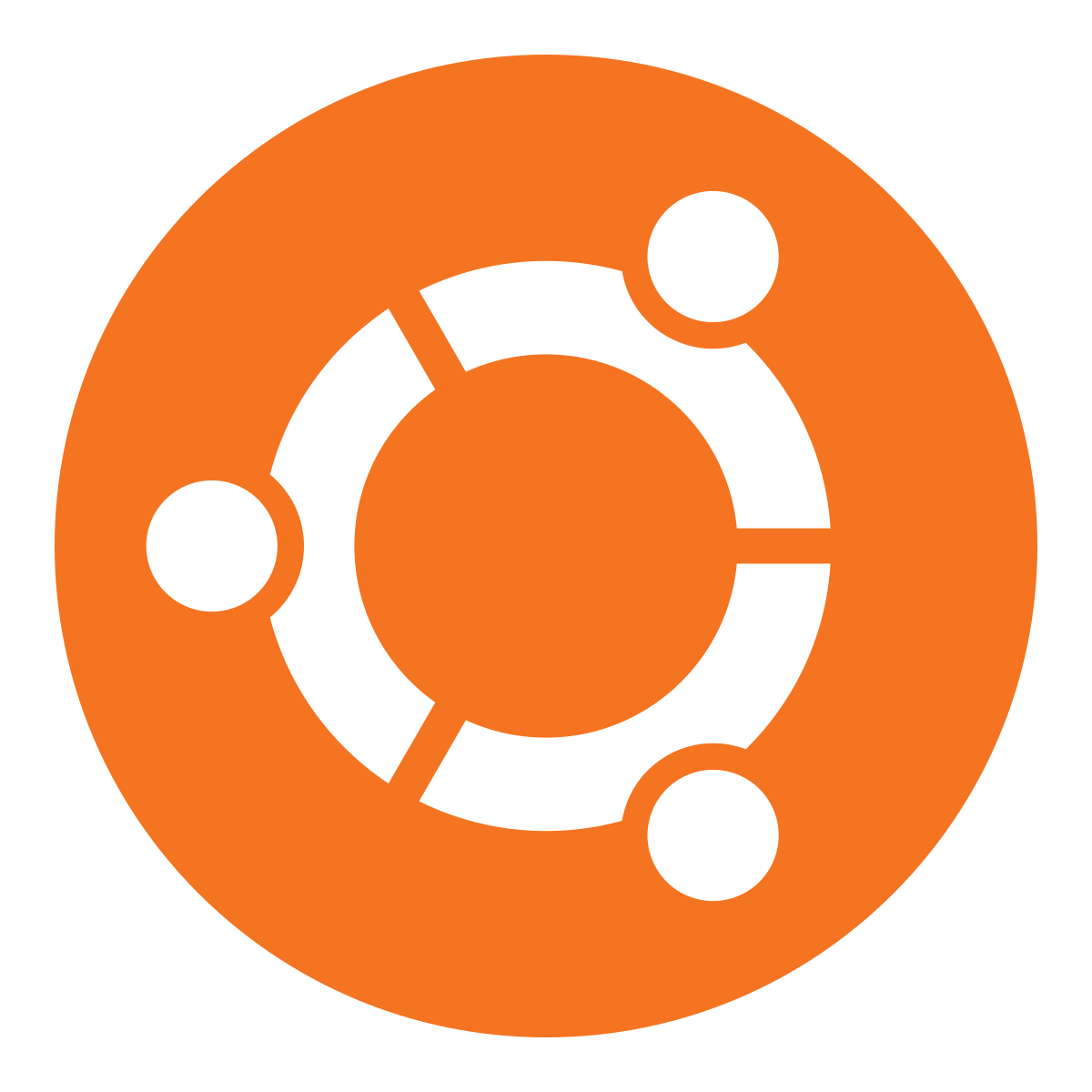
Ubuntu






